Litwin
Platinum Member
PICTURE : Anarcho - Stalinism !! only in Putlerstan ? or its a normal for radicals and marginals ?
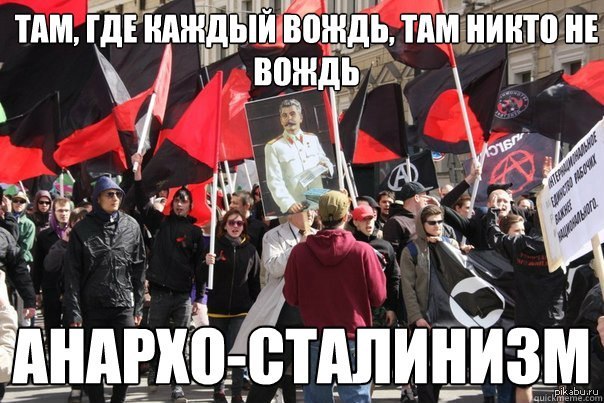

Follow along with the video below to see how to install our site as a web app on your home screen.

Note: This feature currently requires accessing the site using the built-in Safari browser.

man frankly , i don't know , but what i know anything goes in putlerstan today :Fundamentally opposed ideologies.
Does this have anything to do with that guy from Grazhdanskaya Oborona?
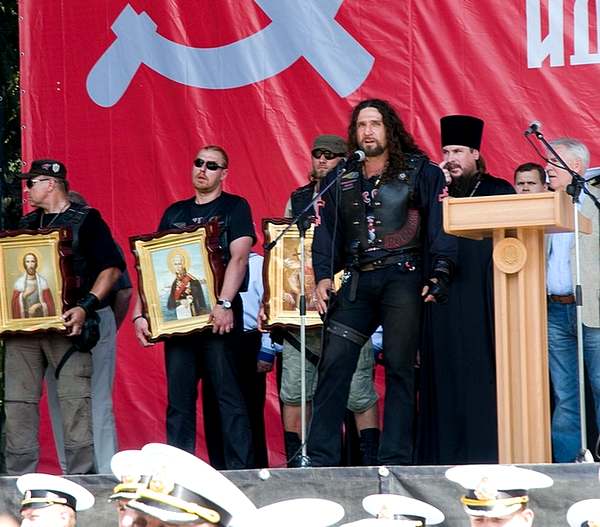
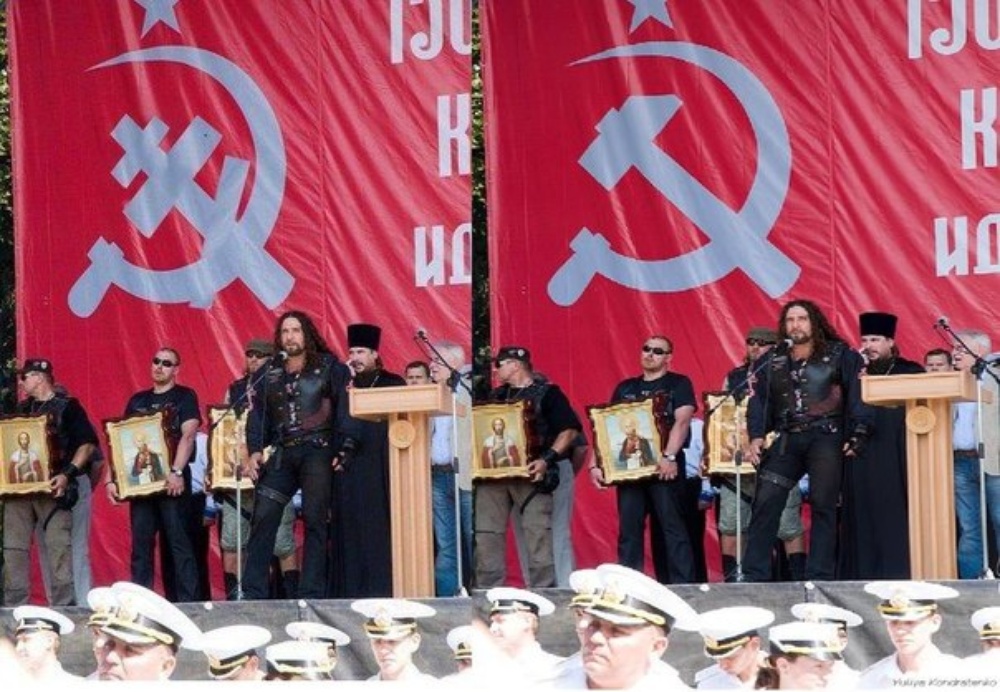

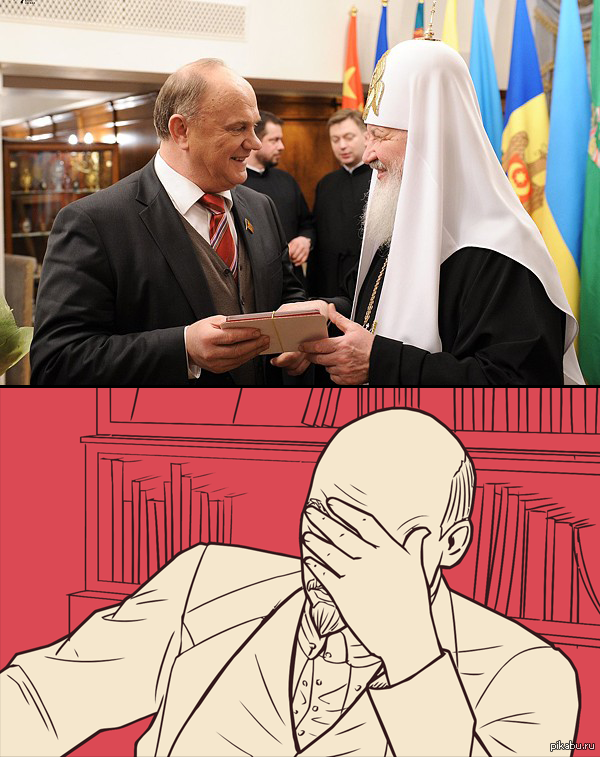
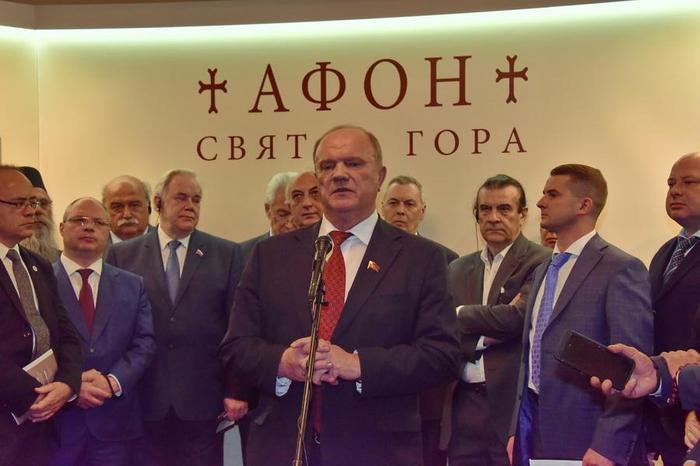


about last one you are right, but this one even batterI think that at least one of those is fake, the one with the Night Wolves guy has two backgrounds. And the one in the first post is questionable as well.

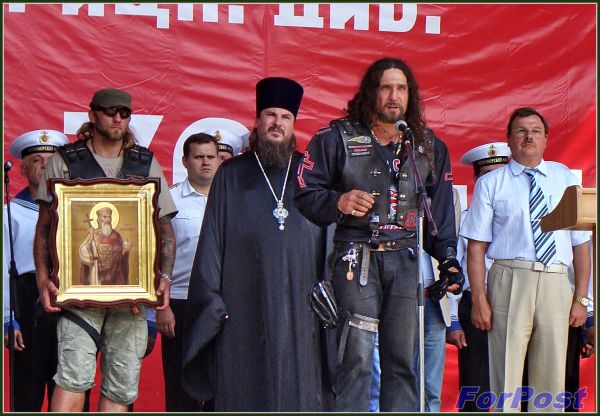
PICTURE : Anarcho - Stalinism !! only in Putlerstan ? or its a normal for radicals and marginals ?
BS, "Russia" doest have left at all, Stalinists are rightistsPICTURE : Anarcho - Stalinism !! only in Putlerstan ? or its a normal for radicals and marginals ?
A lot of liberals in the Russian Federation, remember that the USSR was an ultraliberal state that ruled for 75 years.
A lot of Americans still love the Clintons as well.
The Stalin Cult of Personality is still popular with the Russian Left.
BS, "Russia" doest have left at all, Stalinists are rightistsPICTURE : Anarcho - Stalinism !! only in Putlerstan ? or its a normal for radicals and marginals ?
A lot of liberals in the Russian Federation, remember that the USSR was an ultraliberal state that ruled for 75 years.
A lot of Americans still love the Clintons as well.
The Stalin Cult of Personality is still popular with the Russian Left.
does it look like a leftists politic to you?BS, "Russia" doest have left at all, Stalinists are rightistsPICTURE : Anarcho - Stalinism !! only in Putlerstan ? or its a normal for radicals and marginals ?
A lot of liberals in the Russian Federation, remember that the USSR was an ultraliberal state that ruled for 75 years.
A lot of Americans still love the Clintons as well.
The Stalin Cult of Personality is still popular with the Russian Left.
Stalin opposed Hitler, so if he was a "rightist", that makes the National Socialist Party liberal.
